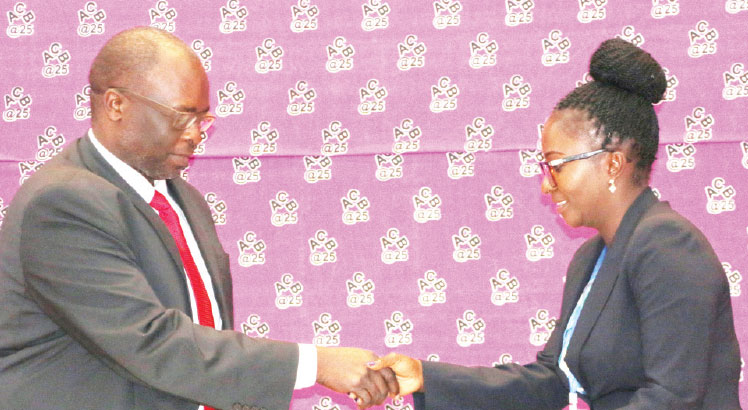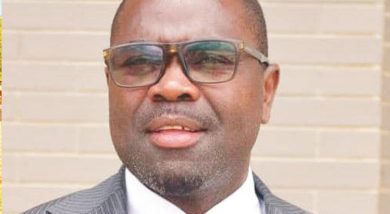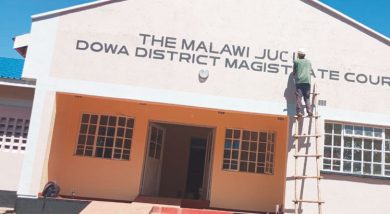Support for graft fight
Delegates to the two-day Anti-Corruption Symposium that ended in Lilongwe yesterday have made a strong call to political leaders to grant anti-graft agencies true independence.
Representatives of nine Southern African Development Community (Sadc) anti-corruption agencies earlier on Wednesday held a closed door meeting at the Bingu International Convention Centre (BICC) during the symposium organised by the Anti-Corruption Bureau (ACB) as part of its 25th anniversary.
The closing ceremony took place at the same venue yesterday with President Lazarus Chakwera, diplomats and other dignitaries in attendance.
Speaking on behalf of leaders of anti-corruption agencies, Namibian Anti-Corruption Agency director general Paulus Noa said it was learnt in their discussion that some agencies within the region have “compromised independence”.

In an interview, he could not name the countries, but stressed that the issue of political interference in anti-corruption agencies was discussed at length.
Said Noa: “I will not identify the countries, but it was an issue that was raised. There was even someone who said in their country the anti-corruption agency is not even functional and there are attempts to merge it with Ombudsman’s office.”
Noa said independence of these institutions must be stipulated in the law, especially the Constitution, which is usually not easy to manipulate.
In Malawi, the ACB is established by an Act of Parliament.
On whether this legal status compromises their independence, ACB director general Martha Chizuma said she had not personally reflected on the implication.
In her speech yesterday, she did not directly raise the issue of political interference or lack of true independence, but spoke about how the fight against corruption has put individual officers of the bureau at risk.
Chizuma said while the bureau fights corruption in the interest of the public, corruption fights back at individuals.
The ACB head said the 25 years that the bureau has been in existence has seen both ups and down and the organisation of this symposium offers more lessons for the future.
South Africa’s National Director of Prosecution Shamila Bathohi who was the key note speaker applauded Chizuma for the work that she is doing at the ACB.
She, too, added her voice on the call for independence of the graft-busting bodies.
European Union Ambassador Rune Skinnebach, whose institution funded the symposium, also joined calls to promote independence of the ACB.
Chakwera was the highest political leader at the venue and his speech called on citizens not to despair, but continue fighting against corruption.
Minister of Justice Titus Mvalo pledged commitment to ensure the Lifestyle Audit Manual that the ACB submitted to him gets Cabinet approval.
The manual seeks to improve the effectiveness of governance bodies such as ACB in the fight against corruption.





